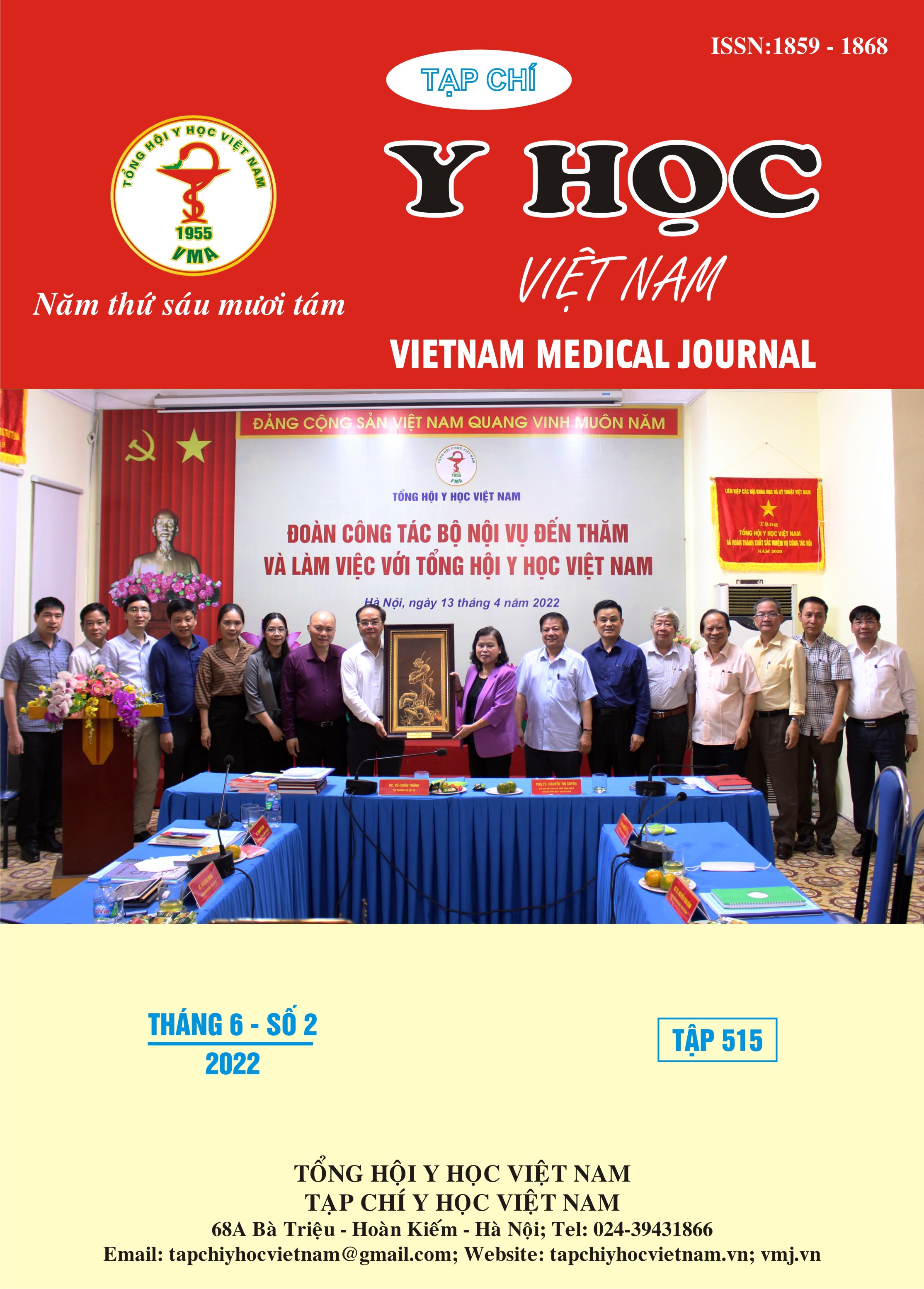HEREDITY CHARACTERISTICS OF VIETNAMESE CHILDREN WITH PRIMARY IMMUNODEFICIENCY
Main Article Content
Abstract
Aim: Primary immunodeficiency diseases (PIDs) are a heterogeneous group of more than 400 monogenic disorders caused by defects in genes responsible for different components of the immune system. This study investigated gene mutations using different molecular biology techniques. Materials and methods: This study focused on the molecular diagnosis in PIDs pediatric group. Medical records of patients with PIDs during the period 2013 – 2022 in Children’s hospital 1 HCMC were retrospectively reviewed. Within all mutations were identified by different techniques which depended on clinical and laboratory characteristics of different subgroups, including Sanger sequencing (SS), fluorescence in situ hybridization (FISH), sequencing to detect copy number of variants (CNVs) and whole exome sequencing (WES) which be double checked by SS after finding mutations. Results: A total of 75 patients were registered during the study period with mostly patients of predominantly antibody deficiency (27%), followed by combined immunodeficiencies with associated syndromic features (21%). Family history suggestive of PIDs were reported in 23%. Totally 27% individuals were died after median following time of 21 months. Mutations were identified in 31 different genes with 82 variants and more than 47% of patients with reported genetic defects were transmitted by X-linked recessive (XL) inheritance. The majority of the mutations were missense mutations (42%). Conclusion: Genetic testing should be an integral part in the diagnosis and the management of PIDs patients.
Article Details
Keywords
primary immunodeficiencies, genetic, mutation, heredity
References
2. Al-Herz W., et al. (2019), “Comprehensive Genetic Results for Primary Immunodeficiency Disorders in a Highly Consanguineous Population”, Front Immunol, 9, 3146.
3. Bousfiha A., et al. (2019), “Human Inborn Errors of Immunity: 2019 Update of the IUIS Phenotypical Classification”, Journal of Clinical Immunology, 40(1), 66-81.
4. Broderick L., et al. (2019), “Mutations in topoisomerase IIβ result in a B cell immunodeficiency”, Nature Communications, 10 (1), 3644.
5. Gathmann B., et al. (2013), “The German national registry for primary immunodeficiencies “, Clin Exp Immunol, 173(2), 372-380.
6. Lee W.I., et al. (2011), “ Distribution, clinical features and treatment in Taiwanese patients with symptomatic primary immunodeficiency diseases (PIDs) in a nationwide population-based study during 1985-2010”, Immunobiology, 216 (12),1286-1294.
7. Moradian M.M., et al, (2010), “Genotype-phenotype studies in a large cohort of Armenian patients with familial Mediterranean fever suggest clinical disease with heterozygous MEFV mutations”, Journal of Human Genetics, 55(6), 389-393.


